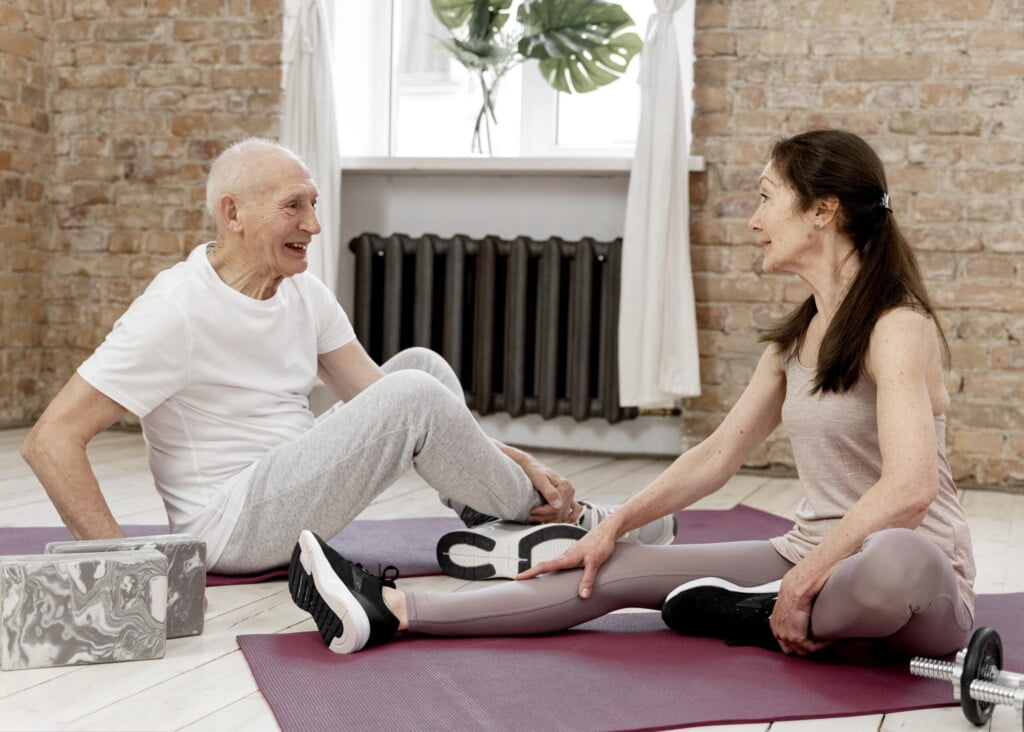Exercise Assists Memory in Older People
We all know that exercise benefits the heart, muscles, and bones. Exercise also improves mental health by producing endorphins, which are feel-good chemicals that may decrease sadness and anxiety. So, exercise may accomplish a lot. But here’s another: A new study indicates exercise may preserve memory, delay dementia and improve cognitive abilities.

EVIDENCE
The Journal of Alzheimer’s Disease has released UT Southwestern Medical Center research on exercise and cognitive performance in older people. The researchers studied 70 mildly cognitively impaired people for a year, splitting them into two groups. The first group did 30–40 minutes of aerobic activity 3–5 times per week, whereas the control group did the same amount of stretching. Those who exercised for a year had higher cardiovascular fitness, which is not surprising. They had improved cognition and cerebral blood flow.
In a release, research leader Rong Zhang, PhD, professor of neurology at UTSW, said: “We’ve demonstrated for the first time in older people that exercise increases cerebral blood flow.”
Low blood flow to the brain has been related to memory loss and dementia. Studies on exercise and brain health have been mixed, with conflicting results on how exercise affects brain function and memory. This may be the solution.
You don’t have to join a spin class or start a HIIT program to get the cognitive advantages of aerobic exercise. A Duke University Medical Center research showed that walking alone increases cerebral blood flow (Small Exercise Assists Memory also). The study monitored 160 at-risk seniors for cognitive deterioration for six months. A stroll for 30 minutes three times a week enhances executive function.
Its benefits go beyond blood flow, according to a Harvard Medical School study. Exercise may indirectly improve memory by improving sleep, mood, and reducing stress and anxiety, all of which are known to cause or contribute to cognitive impairment.
VERDICT
Everyone’s body and brain may benefit from exercise. Aerobic exercise helps your heart, lungs, limbs, and brain.
Zhang adds that physiological results like those found in the UT Southwestern research may help doctors discuss the advantages of exercise with their patients. “A randomized, controlled study now shows that exercise may improve cerebral blood flow.”
But wait how can Exercise Assists Memory shortly. While exercise may improve short-term memory, it might take up to six months to completely reap the cognitive advantages. Make it a daily habit for maximum benefits.

